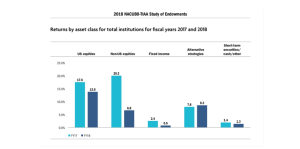“You should only say, ‘we don’t have the budget,’ if you’re trying to get out of something gracefully,” said Louise Moore, controller at Vestal, N.Y. marketing firm Cull Martin and Associates. “You should set your budget up to do things you want.”
That was Moore’s message to attendees of the National Catholic Development Conference (NCDC) 2013 conference in Grapevine, Texas, last month. Moore spoke in a session about the importance of annual budgets and strategic plans.
When outlining a strategic budgeting plan, Moore said you should be asking yourself seven questions:
- What can our organization do better than any organization?
- What is our mission statement?
- What is our vision statement?
- What are our strengths, weaknesses, opportunities and threats?
- What are our goals?
- What are our objectives?
- Do we have the resources needed to achieve our plan?
“Actionable and measurable objectives are the foundation of strategic planning,” said Moore. Goals are long-term, and objectives are the smaller milestones you must meet in order to achieve your goals, she explained. Having your mission statement handy when drafting your strategic plan and budget will help keep you on track, and any items that don’t advance your organization’s vision statement should be left by the wayside, she said.











